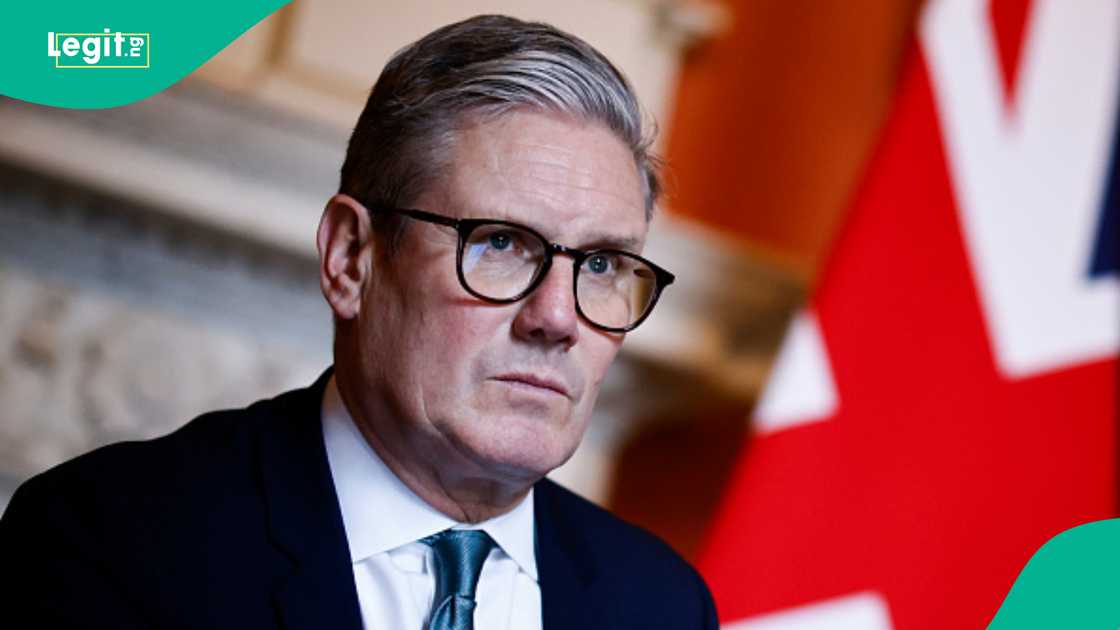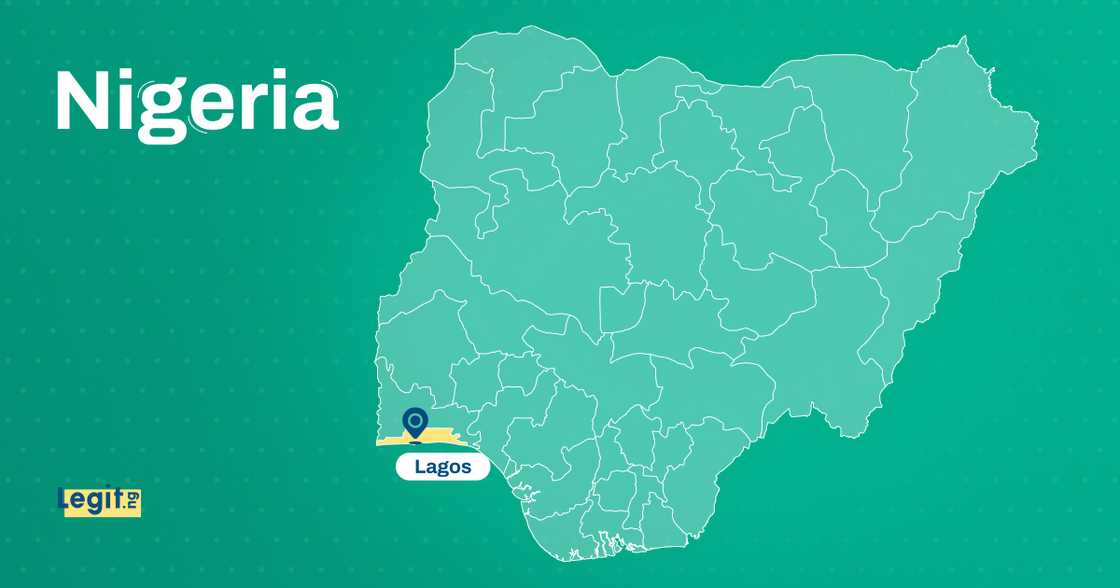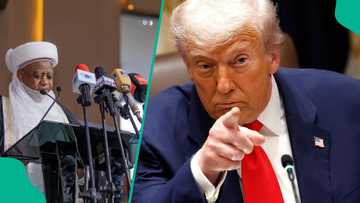UK Government Lists High-Risk States in Nigeria, Warns Against Traveling to Those Places
- Rising insecurity across Nigeria has prompted the UK Government to issue updated travel advice, warning of widespread risks including kidnapping and violent crime
- The Foreign, Commonwealth and Development Office (FCDO) now advises against travel to several states, with heightened alerts in the north-east, north-west, and Niger Delta regions
- Travellers are urged to exercise extreme caution, monitor local developments, and follow safety guidance closely
The UK government has issued updated travel guidance for Nigeria, warning of increasing insecurity across the country.
The advisory highlights widespread risks including kidnapping, violent crime, and intercommunal violence, with specific warnings for several regions.

Source: Getty Images
North East Nigeria
The FCDO has advised against all travel to Borno, Yobe, Adamawa, and Gombe states, citing a high and growing threat from Boko Haram and Islamic State West Africa.
Bauchi State has been marked for essential travel only. The advisory noted that transport hubs, religious sites, and large gatherings are particularly vulnerable to attacks.
Humanitarian workers and infrastructure have reportedly been targeted, and the dry season has heightened risks due to improved road access.
Regular military operations in Adamawa, Borno, and Yobe have raised concerns about possible retaliatory violence. Travellers in Maiduguri were warned that deteriorating security could make it extremely difficult to leave the city.
North West Nigeria
Katsina and Zamfara states have been flagged as no-go zones, while Kaduna, Kano, Kebbi, Jigawa, and Sokoto are listed for essential travel only. The FCDO reported frequent banditry and violent attacks, with a high threat of kidnapping. Intercommunal violence and attacks on trains have also been noted.
Travellers defying the advice were urged to exercise extreme caution and stay informed through local media.
North Central Nigeria and Abuja
The FCDO has advised against all but essential travel to Niger, Kogi, Plateau, and Taraba states due to criminal and militant activity. Abuja, Nigeria’s capital, has seen a rise in violent crime, including incidents involving firearms. The violence has reportedly spread from the outer suburbs to central, wealthier areas.
British Government staff have been instructed to restrict movement to the metropolitan area of Abuja. Protests in the city have occasionally turned violent, prompting warnings to avoid demonstrations and follow police instructions.
South East and South South Nigeria
Travel to riverine areas of Delta, Bayelsa, Rivers, Akwa Ibom, and Cross River states has been strongly discouraged. Non-riverine areas of Delta, Bayelsa, and Rivers, along with Abia, Anambra, and Imo states, are listed for essential travel only.
Militant groups in the Niger Delta have reportedly attacked oil and gas infrastructure, with armed robbery and kidnapping posing serious risks. Curfews have been imposed in some states following targeted killings and attacks on police infrastructure.
In the south-east, secessionist groups have clashed with security forces. While foreign nationals are not typically targeted, the FCDO warned that travellers could be caught in violent incidents. Imo State has seen a rise in the use of improvised explosive devices, though the number of incidents remains low.
South west Nigeria and Lagos
Violent crimes such as mugging, car-jacking, and armed robbery are common in major cities, particularly Lagos. The FCDO noted that while large-scale terrorist attacks are rare, Islamic State West Africa claimed two incidents in 2022.
Travellers were advised to be cautious, especially on the Lagos mainland, where crime rates are high and security can be unpredictable. Night-time movement on foot was discouraged due to elevated risks.
The advisory concluded with a reminder: “Be alert and take any security advice given by your hotel, employer or your hosts.”

Source: Original
12 states where governors may face severe sanctions
Legit.ng earlier reported that twelve governors from northern Nigeria may face severe sanctions following a renewed push by the United States Congress to hold Nigerian officials accountable for alleged religious persecution.
The move comes after President Donald Trump designated Nigeria as a “Country of Particular Concern” and urged swift action over what he described as a “Christian genocide.”
On Friday, October 31, President Trump posted on Truth Social, expressing alarm over the reported killings of Christians in Nigeria. He called on Congressman Riley Moore, Chairman Tom Cole, and the House Appropriations Committee to investigate the matter and report back to him.
Source: Legit.ng






